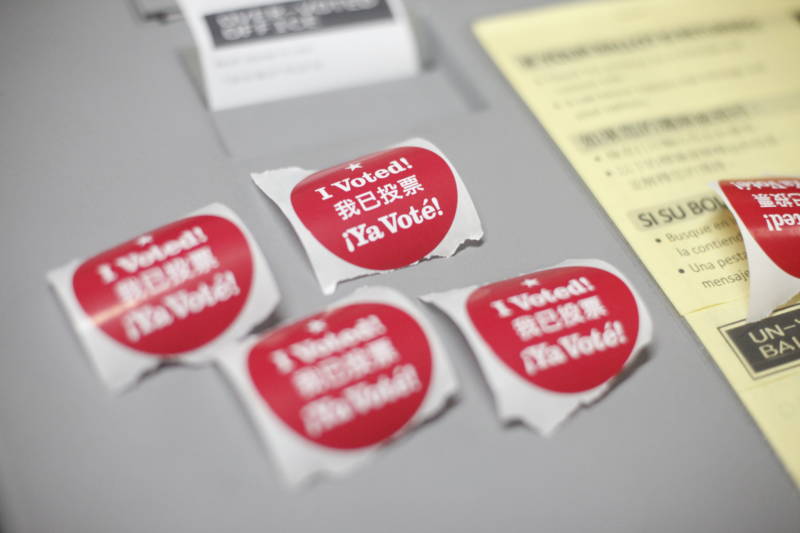Turnout for the California primary, which some expected to be pumped up by a surge in registrations among younger voters, fell short of analysts' expectations. One major factor in that lower-than-anticipated turnout: For the most part, an analysis of vote-by-mail ballots suggests, those younger voters simply didn't participate.
Paul Mitchell, vice president of Sacramento-based Political Data Inc., noted Wednesday that people under 35 made up more than half of 2.3 million new voters who registered before the primary, indicating an enthusiasm for the contest. And he says those younger voters told pollsters they would cast ballots.
"But then when they got the ballot with the 34 candidates for Senate, and who’s my congressman, and what’s this ballot proposition, and where do I keep a stamp and all these things ... they kind of fell off and they didn’t participate in the same numbers," Mitchell said.
According to Political Data's analysis of about 3.1 million ballots returned to county registrars before Tuesday's vote, voters under 35 made up just 10 percent of those who voted. That group makes up 25 percent of the state's 17.9 million registered voters.
